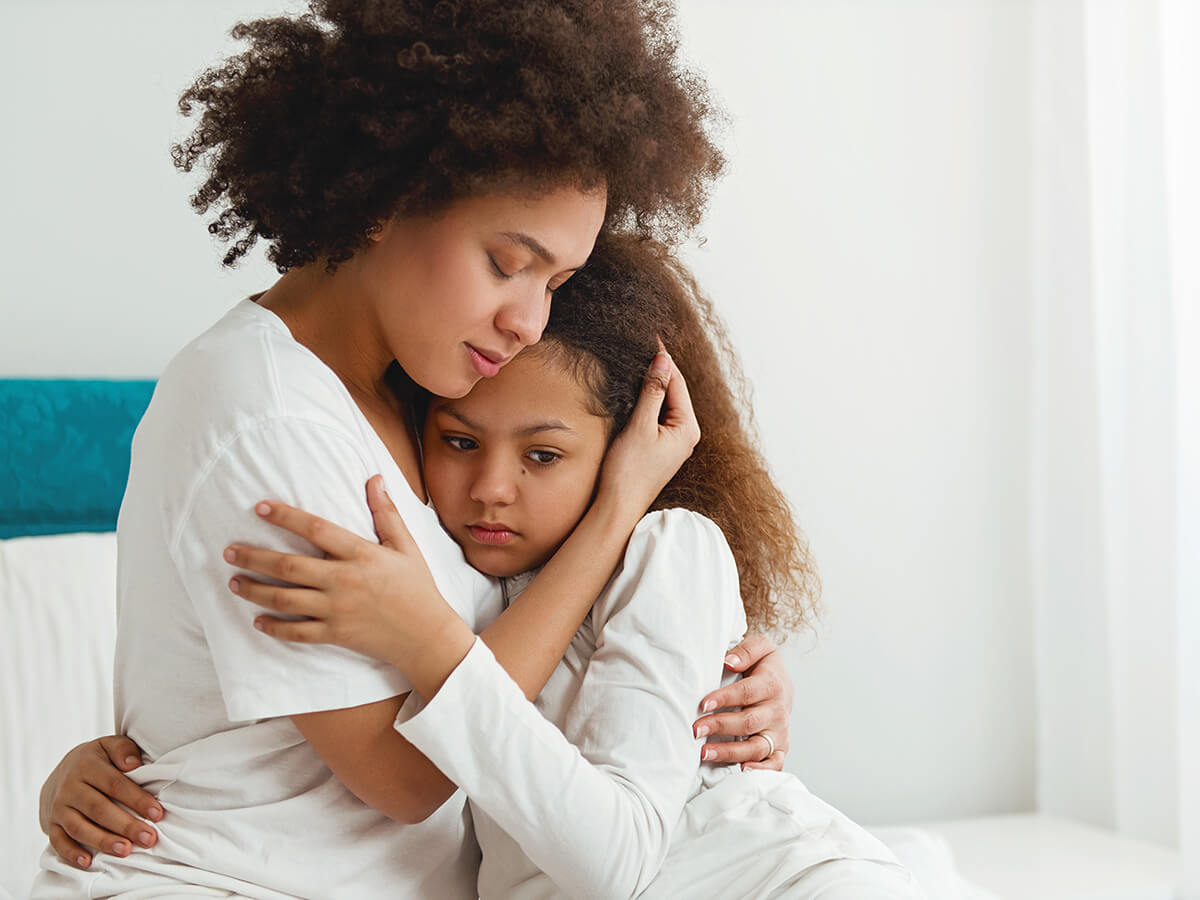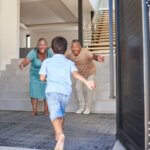“I’m scared!”
After any disaster, (school violence, hurricane, floods, fire, earthquakes, acts of terrorism, physical or sexual violence, and so on) children are afraid that the event will happen again, that they or someone they love will be hurt or killed, that they may be separated from those they love and be left alone. Following are ways that you can help children cope with trauma. Most of these suggestions come from the children’s book Jenny is Scared: When Sad Things Happen in the World by Carol Shuman (Washington, DC: Magination Press, 2003). This book explores children’s fears and reactions surrounding terrorism, war and other violent events. It includes “A Note to Parents” by author and psychologist Ann Rasmussen explaining how children respond to violence and tragedy and providing concrete suggestions for helping them feel safer and offers family ideas for making the world a better place.
- The first thing caregivers should do after a traumatic event is to reassure children that they are now safe. Until they feel safe, they can not receive other types of caregiving.
- Try to return yourself, your children, and your family to as normal a routine as possible. This helps provide a sense of security and safety.
- Be honest. Children usually know when something is being sugar-coated. Provide facts about what happened. (Use your good judgement about how much detail to provide.)
- Ask questions. In order to clear up distortions, you first need to find out what kids know. Ask, What have you heard already? How do you think it happened? Tell me about the worries you have about what else might happen.
- Spend extra time with your child, especially doing something fun or relaxing for both of you.
- Remember the importance of touch. A hug can reassure children that they are loved.
- Children under the age of six should not be exposed to TV videotape coverage of violent events. Limit viewing time for older children.
- Encourage children to express their feelings about what has happened. Do not dismiss sad, anxious, or angry feelings – that only teaches children to hide their difficult feelings. Listening to them without judging or lecturing teaches them that you are a safe person to turn to during scary times.
- Encourage children who are not able to articulate their feelings to express them through coloring, drawing, sculpting wit clay, skits or painting.
- Watch for signs of repetitive play in which children reenact all or part of the disaster. Although excessive reenactment of a traumatic experience may be a warning sign, this behavior is an appropriate way for children to express emotions.
- Talk with teachers, baby-sitters, daycare providers and others about the event to help them understand how the child has been affected.
- Support community outreach activities to combat a sense of helpless passivity. Enlisting children to brainstorm ways to ease victims’ hardship may yield creative and useful ways to shift children from the position of impotent vulnerability to altruistic agency.
For additional caregiving advice, refer to the following categories on this website: “Caregiving Basics.”
The above advice is from The Compassionate Congregation, pages 203-205.









0 Comments